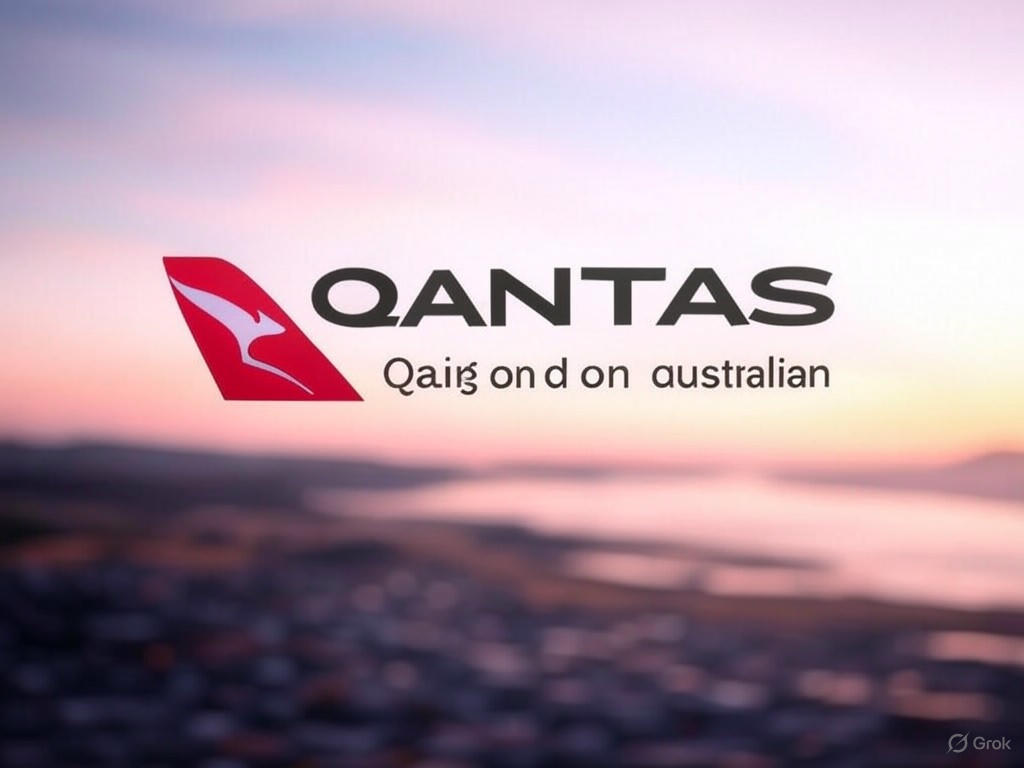Qantas Shuts Down Jetstar Asia Amid Financial Pressures and Market Challenges
In a surprising move, Australian airline giant Qantas has announced the closure of its budget subsidiary, Jetstar Asia, marking the end of an era for the low-cost carrier in the Asian market. The decision, revealed recently, comes as the airline grapples with mounting financial difficulties and an increasingly competitive landscape. Jetstar Asia, which has operated for years as a key player in the budget travel sector, will cease operations, leaving both travelers and industry analysts speculating about the future of affordable air travel in the region.
The challenges facing Jetstar Asia have been multifaceted. Skyrocketing supplier costs have squeezed profit margins, making it difficult for the airline to maintain its hallmark low fares. Additionally, exorbitant airport fees in key operational hubs have further strained the carrier’s finances, with little room for negotiation or relief. Perhaps most critically, the budget airline sector in Asia has become a battleground for fierce competition, with numerous players vying for market share. Emerging low-cost carriers, often backed by aggressive pricing strategies and innovative services, have eroded Jetstar Asia’s customer base, leaving the airline struggling to stay afloat in an oversaturated market.
Qantas, as the parent company, has long supported Jetstar Asia’s operations, viewing it as a strategic arm to capture the growing demand for budget travel in Asia. However, the persistent losses and lack of a clear path to profitability appear to have forced the company’s hand. Industry insiders suggest that Qantas may now redirect its resources toward strengthening its core operations or exploring new ventures with better growth potential. This closure also raises questions about the viability of budget airline models in regions with high operational costs and intense rivalry. While low-cost carriers have revolutionized travel by making it accessible to millions, sustaining such a model amidst economic headwinds is proving to be a formidable challenge.
For passengers, the shutdown of Jetstar Asia could mean fewer options and potentially higher fares in the short term, especially on routes where the airline was a dominant player. Frequent flyers who relied on the carrier for affordable regional trips may need to turn to competitors, some of whom may not offer the same level of service or pricing. Employees of Jetstar Asia face an uncertain future as well, with layoffs likely to impact hundreds of workers across various roles. Qantas has yet to release a detailed statement on support for affected staff, but the ripple effects of this decision will undoubtedly be felt across the industry.
As Jetstar Asia prepares to wind down, the broader implications for the aviation sector remain unclear. Will other budget carriers follow suit under similar pressures, or will this create opportunities for new entrants to fill the void? For now, Qantas appears focused on navigating these turbulent times by prioritizing financial stability over expansion in the budget space. Only time will tell if this strategic retreat paves the way for a stronger comeback in the future.


